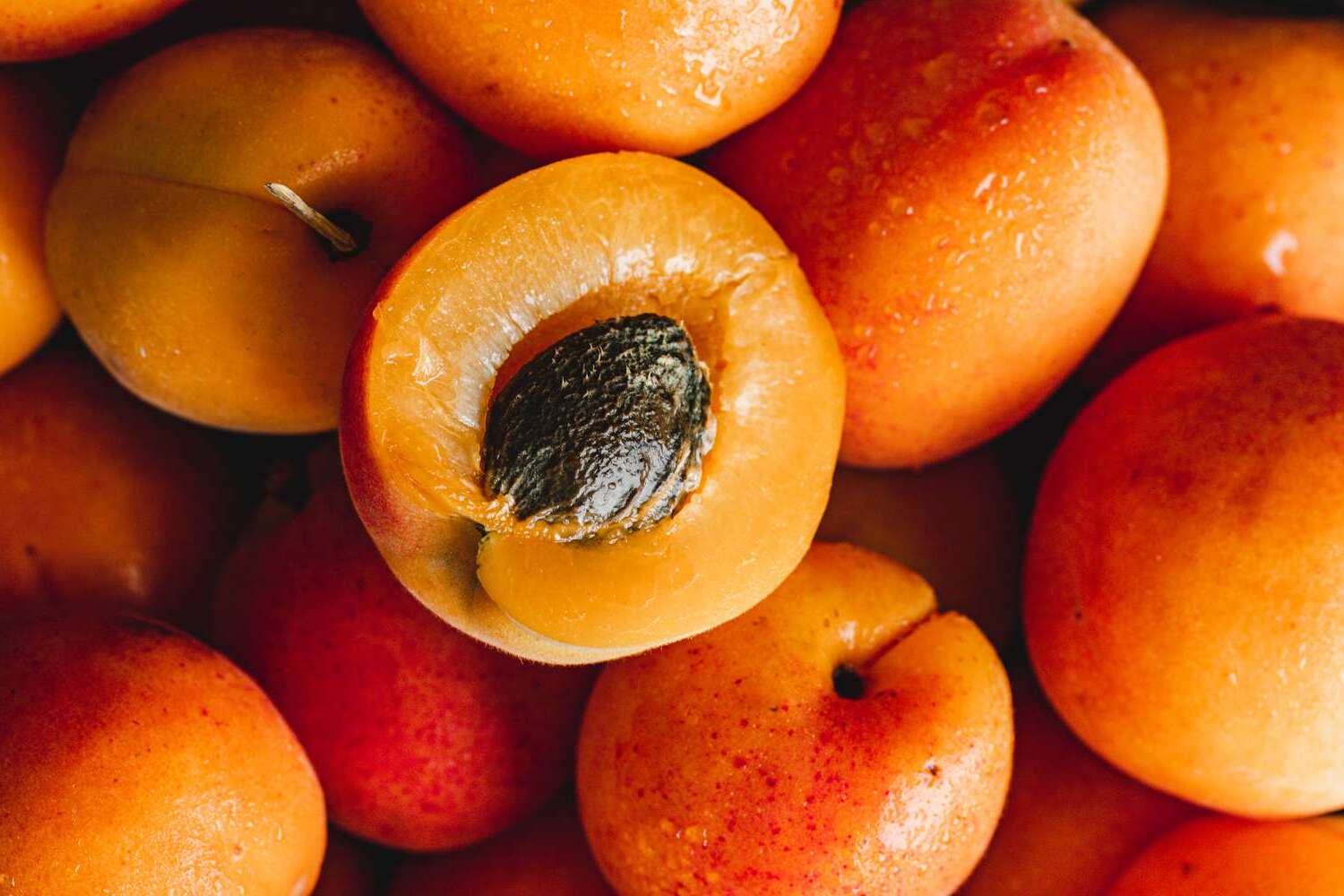
Apricots, those small, golden fruits, pack a punch when it comes to flavor and nutrition. Ever wondered what makes them so special? Apricots are rich in vitamins A and C, fiber, and antioxidants. These nutrients help boost your immune system, improve skin health, and aid digestion. But there's more to apricots than just their health benefits. Did you know that apricots have been cultivated for over 4,000 years? Originating from China, they spread to Persia and the Mediterranean, eventually making their way to the rest of the world. Whether you enjoy them fresh, dried, or in a delicious jam, apricots are a versatile fruit with a fascinating history. Ready to learn more? Let's dive into 25 amazing facts about apricots that will make you appreciate this fruit even more!
Key Takeaways:
- Apricots, originating in China over 4,000 years ago, are packed with vitamins A and C, dietary fiber, and potassium, making them a delicious and nutritious fruit for maintaining healthy skin, immune function, and heart health.
- From being introduced to Greece and Rome by Alexander the Great to being associated with education and medicine in ancient China, apricots have a rich history and cultural significance, making them more than just a tasty fruit.
The Origins of Apricots
Apricots are small, golden fruits packed with flavor and nutrients. Let's dive into some fascinating facts about this delightful fruit.
- Apricots originated in China over 4,000 years ago. They were later spread to Persia and the Mediterranean region.
- The scientific name for apricot is Prunus armeniaca, which means "Armenian plum," reflecting its historical cultivation in Armenia.
- Alexander the Great is credited with introducing apricots to Greece and Rome during his conquests.
Nutritional Benefits of Apricots
Apricots are not just tasty; they are also incredibly nutritious. Here are some key health benefits.
- Apricots are rich in vitamins A and C, which are essential for maintaining healthy skin and immune function.
- They contain dietary fiber, aiding digestion and promoting a healthy gut.
- Apricots are a good source of potassium, which helps regulate blood pressure and maintain heart health.
- The antioxidants in apricots, such as beta-carotene and flavonoids, help protect cells from damage caused by free radicals.
Apricots in Culinary Uses
These versatile fruits can be used in various culinary applications, from sweet to savory dishes.
- Apricots can be eaten fresh, dried, or cooked in a variety of recipes.
- Dried apricots are a popular snack and ingredient in trail mixes, providing a concentrated source of nutrients.
- Apricot jam and preserves are common spreads for bread and pastries.
- Apricots are often used in Middle Eastern cuisine, adding a sweet and tangy flavor to dishes like tagines and pilafs.
- Apricot kernels can be used to make a type of almond-flavored liqueur called amaretto.
Apricot Cultivation and Harvesting
Growing apricots requires specific conditions and care. Here are some interesting facts about their cultivation.
- Apricot trees thrive in regions with cold winters and warm, dry summers.
- They are typically harvested in late spring to early summer, depending on the climate.
- Apricot trees can take three to four years to bear fruit after planting.
- The trees are susceptible to frost damage, which can affect the yield and quality of the fruit.
Apricots in History and Culture
Apricots have played a significant role in various cultures and historical events.
- In ancient China, apricots were associated with education and medicine. Scholars often planted apricot trees in their gardens.
- The famous Chinese herbalist Li Shizhen praised apricots for their medicinal properties in his classic text, Compendium of Materia Medica.
- Apricots were a symbol of fertility and good fortune in ancient Persia.
- In European folklore, apricots were believed to have aphrodisiac properties.
Fun and Surprising Facts About Apricots
Here are some quirky and lesser-known facts about apricots that might surprise you.
- The world's largest producer of apricots is Turkey, followed by Iran and Uzbekistan.
- Apricots are related to peaches, plums, and cherries, all belonging to the Prunus genus.
- The pits of apricots contain a compound called amygdalin, which can release cyanide when ingested in large quantities.
- Apricot wood is prized for its use in making musical instruments and fine furniture.
- In some cultures, apricot seeds are believed to have cancer-fighting properties, although scientific evidence is limited.
Apricots: A Fruit Full of Surprises
Apricots aren't just tasty; they're packed with nutrients and history. From their origins in China to their spread across the globe, these little fruits have made a big impact. They offer a rich source of vitamins A and C, fiber, and antioxidants. Whether you enjoy them fresh, dried, or in a jam, apricots bring both flavor and health benefits to the table.
Their cultural significance spans centuries, appearing in ancient texts and traditional medicines. Plus, they play a role in various cuisines, adding a sweet touch to dishes. Apricots also have a unique botanical aspect, being part of the rose family.
So next time you bite into an apricot, remember you're enjoying a fruit with a rich past and a healthy future. Keep exploring and savoring these golden gems!
Frequently Asked Questions
Was this page helpful?
Our commitment to delivering trustworthy and engaging content is at the heart of what we do. Each fact on our site is contributed by real users like you, bringing a wealth of diverse insights and information. To ensure the highest standards of accuracy and reliability, our dedicated editors meticulously review each submission. This process guarantees that the facts we share are not only fascinating but also credible. Trust in our commitment to quality and authenticity as you explore and learn with us.


